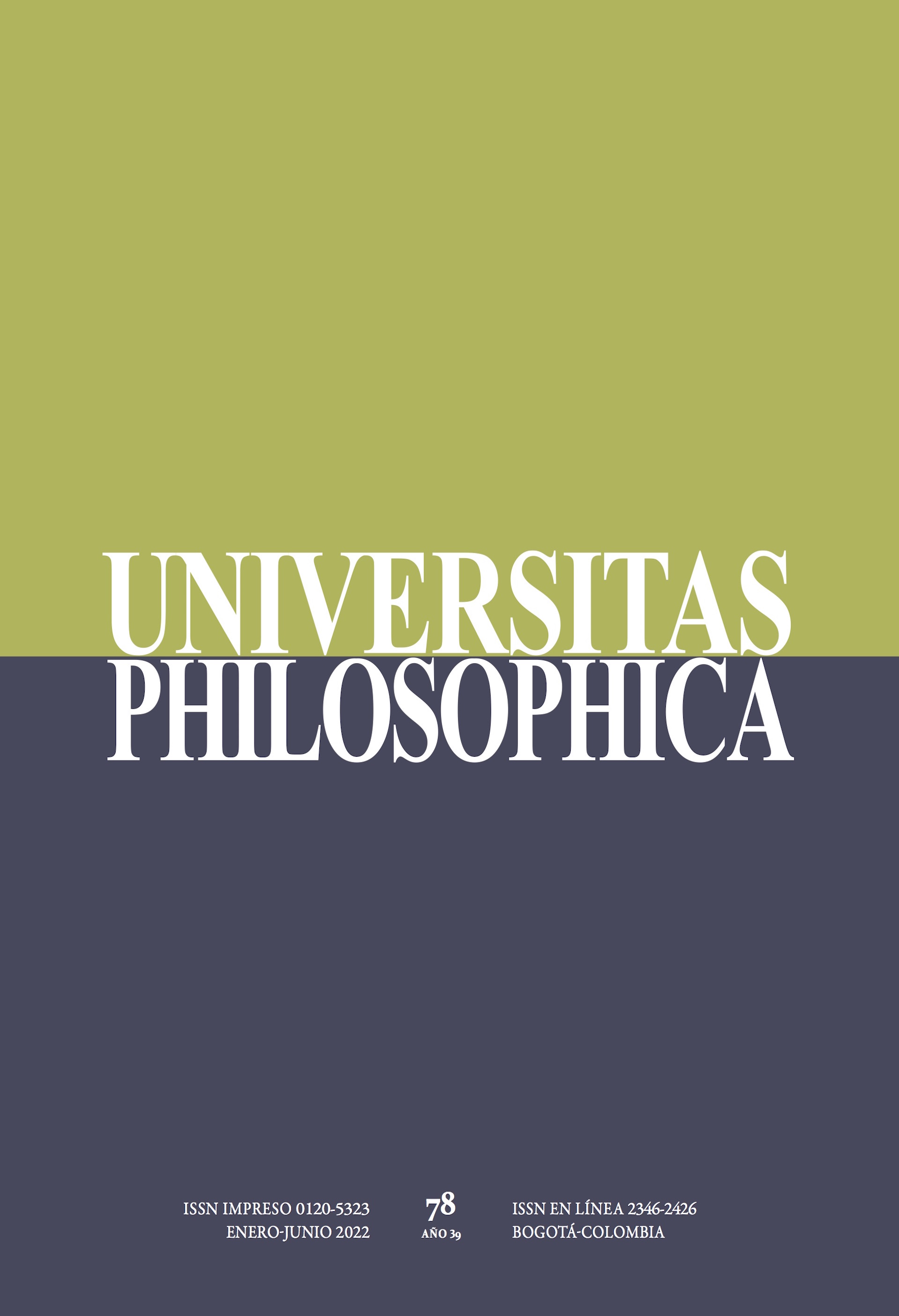Abstract
This essay presents a thematic approach to the concept of problematization in Foucault’s late philosophy. The apprehension of this concept has repercussions not only in the understanding of his later works, but also in how the uses of the author’s philosophy in general are conceived. In this sense, it is proposed that the reading of the concept of problematization should be made in relation to the concept of polemics and the observation of Foucault’s “critical ontology”. This concept can thus be understood in its verbal and substantive dimension, but not as an all-encompassing synthesis of Foucault’s philosophical project.
Barnett, C. (2015). On Problematization. Elaborations on a Theme in Late Foucault. Nonsite.org, 16. https://nonsite.org/on-problematization/
Castro, E. (2005). El vocabulario de Michel Foucault. Un recorrido alfabético por los temas, conceptos y autores. Universidad Nacional de Quilmes.
Deleuze, G. (2015). La subjetivación. Curso sobre Foucault. Tomo III. Cactus.
De Salies, F. (2013). Statut et fonction de la notion de « problématisation » dans le corpus foucauldien tardif. Le Philosophoire, 40, 209-258. https://doi.org/10.3917/phoir.040.0235
Foucault, M. (1983). On the Genealogy of Ethics: An Overview of Work in Progress. En P. Ravinow y H. Dreyfus (Eds.), Michel Foucault: Beyond Structuralism and Hermeneutics (pp. 229-252). University of Chicago Press.
Foucault, M. (1988). El sujeto y el poder. Revista Mexicana de Sociología, 50(3), 3-20. https://doi.org/10.2307/3540551
Foucault, M. (1991a). La arqueología del saber. Siglo XXI.
Foucault, M. (1991b). Historia de la sexualidad I. La voluntad de saber. Siglo XXI.
Foucault, M. (1999a). Política, polémica y problematización. En Estética, ética y hermenéutica (pp. 353-362). Paidós.
Foucault, M. (1999b). ¿Qué es la Ilustración? En Estética, ética y hermenéutica (pp. 335-352). Paidós.
Foucault, M. (2000a). Defender la sociedad. Curso en el Collège de France 1975-1976. Fondo de Cultura Económica.
Foucault, M. (2000b). La hermenéutica del sujeto. Curso en el Collège de France 1981-1982. Fondo de Cultura Económica.
Foucault, M. (2003a). Historia de la sexualidad II. El uso de los placeres. Siglo XXI.
Foucault, M. (2003b). Historia de la sexualidad III. La inquietud de sí. Siglo XXI.
Foucault, M. (2006). Seguridad, territorio y población. Curso en el Collège de France 1977-1978. Fondo de Cultura Económica.
Foucault, M. (2008). Vigilar y castigar. Nacimiento de la prisión. Siglo XXI.
Foucault, M. (2010). El coraje de la verdad: el gobierno de sí y de los otros II. Curso en el Collège de France 1983-1984. Fondo de Cultura Económica.
Foucault, M. (2014). Obrar mal, decir la verdad: la función de la confesión en la justicia: curso de Lovaina, 1981. Siglo XXI .
Foucault, M. (2018a). ¿Qué es la crítica? seguido de La cultura de sí (Sorbona, 1978/ Berkeley, 1983). Siglo XXI.
Foucault, M. (2019). Historia de la sexualidad IV: Las confesiones de la carne. Siglo XXI.
Koopman, C. (2013). Genealogy as Critique. Foucault and the Problems of Modernity. Indiana University Press.
Han, B. (2002). Foucault’s Critical Project: Between the Transcendental and the Historical. Stanford University Press.
Howarth, D. (2013). Poststructuralism and After. Structure, Subjectivity and Power. Palgrave Macmillan.
Vega, G. (2019). Problematización, historia del pensamiento y arqueología en Michel Foucault. Nuevo Itinerario, 76(15), 75-106. https://doi.org/10.30972/nvt.0154011

This work is licensed under a Creative Commons Attribution 4.0 International License.
Copyright (c) 2022 Diego Márquez Arancibia


